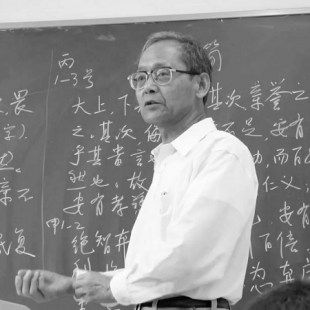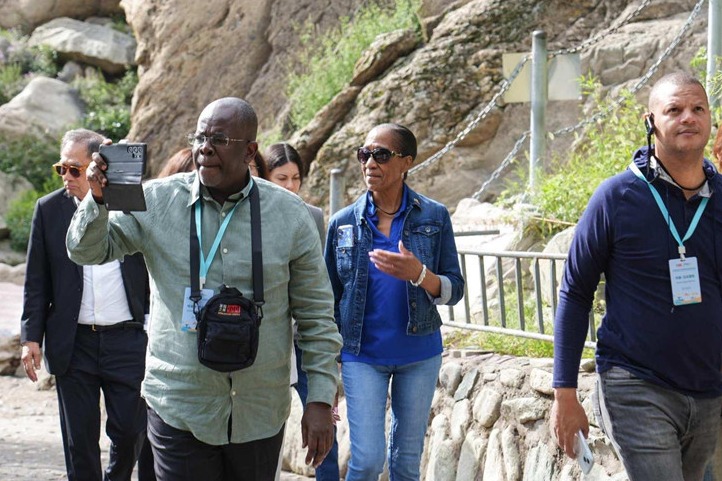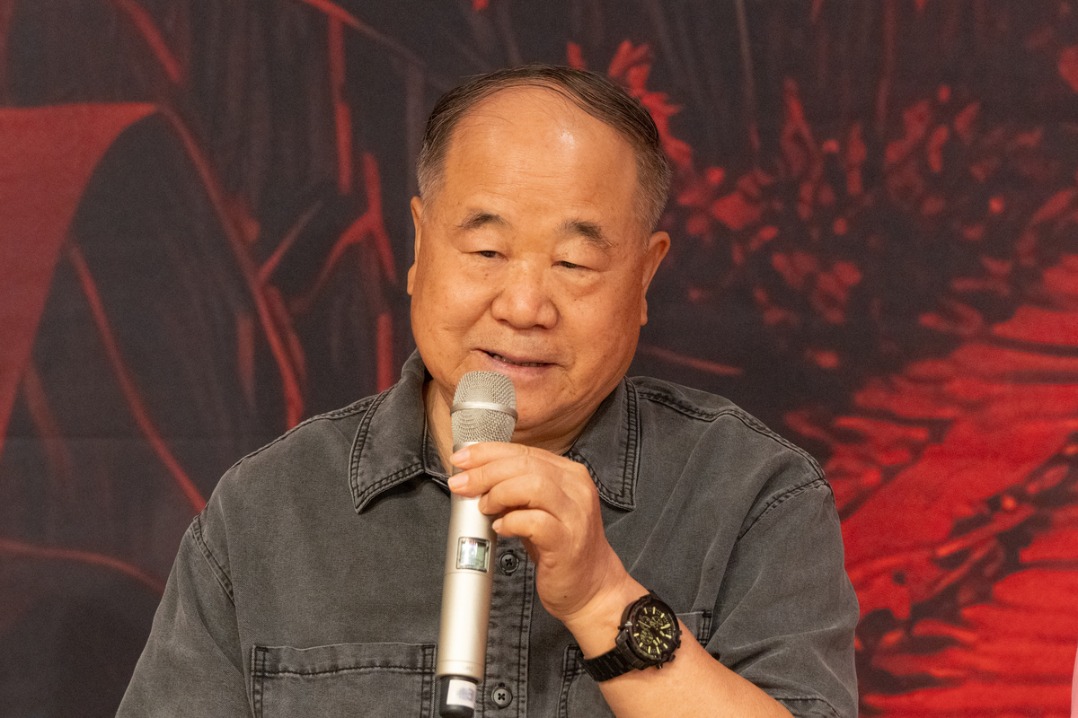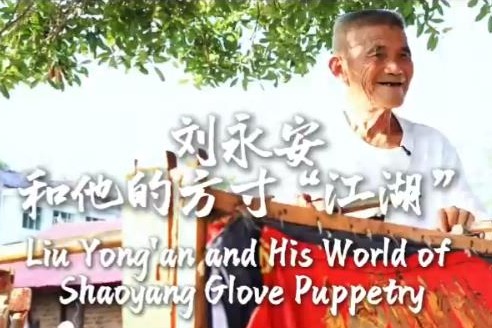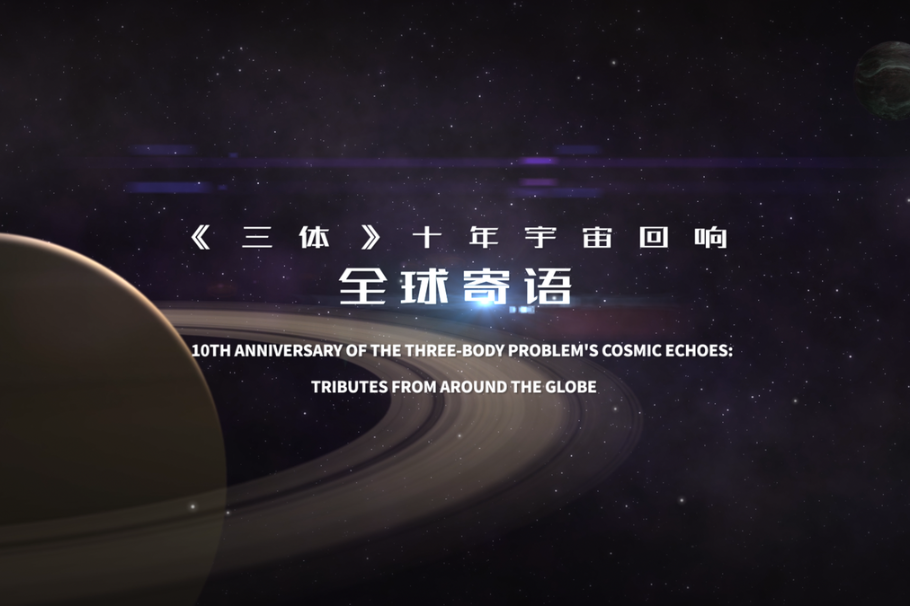Qiu Xigui, leading Chinese history professor, passed at 90

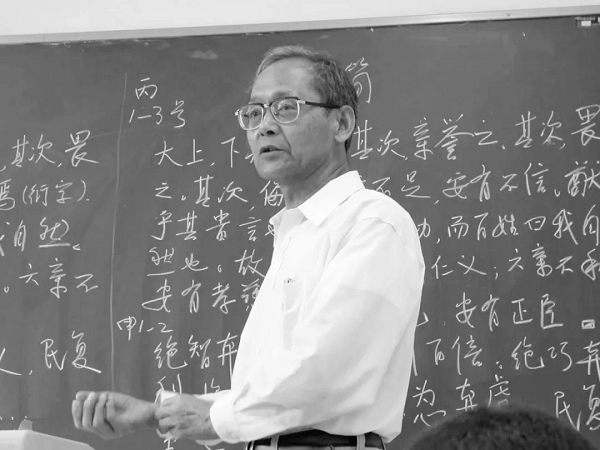
Qiu Xigui, a doyen of Chinese paleography, ancient classics and history and a leading professor at the Center for Research on Chinese Excavated Classics and Paleography at Fudan University, died Thursday at the age of 90 in Shanghai.
Born in 1935 in Shanghai, Qiu was fascinated by history from a young age and has been dedicated his whole life to paleography and research on excavated classics.
Qiu is highly accomplished and renowned in various disciplines, including paleography, ancient classics, history and intellectual history. Dubbed "the top researcher of contemporary Chinese paleography", he has made remarkable academic achievements in diverse categories such as research on the inscriptions on oracle bones, bronze objects, in the Warring States Period (475-221 BC), bamboo and wood slips, and silk manuscripts. He is especially good at interpreting difficult words in ancient written materials, with extensive results in his research, receiving extensive recognition and promoting the overall research of his field.
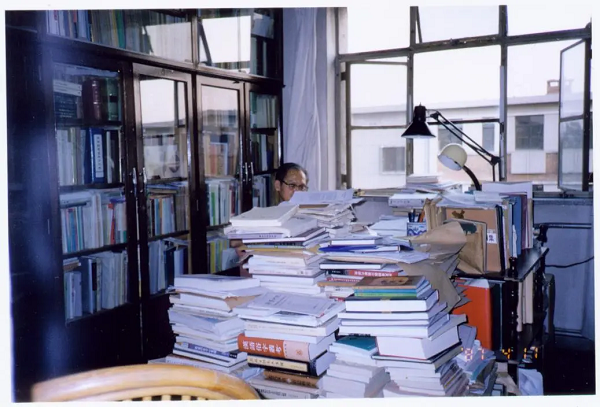
His book An Outline of Philology is an authoritative work in the field of Chinese philology. It discusses each and every aspect of Chinese characters, including their formation, nature, development, evolution, structural types and links between form, sound and meaning. The original and revised editions of the book have been printed more than 40 times with a total print run of more than 250,000 copies, and have been translated into many languages such as English, Japanese, and Korean.
He was also the chief editor of the collection of Mawangdui bamboo slips and silk manuscripts published in 2014, with its amended version published last year.
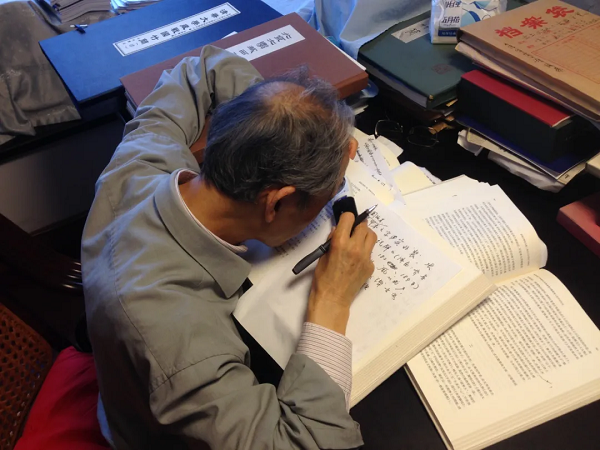
In addition to his academic achievements, Qiu is widely esteemed for his spirit and attitude as a pure scholar. His unchanging passion, devotion, commitment and relentless pursuit of truth have influenced and inspired countless peers and younger scholars in his fields. Despite increasing age and eye disease, Qiu still worked several hours a day over the past years, focusing on the annotation project on the Tao Te Ching, a philosophy book by Lao Tzu.
Returning to Fudan University and launching the center in 2005, Qiu has always valued his students and talents much and always treated their ideas fairly and equally. A widely known story was about Cai Wei, who used to be a rickshaw driver with a high school diploma and a paleography enthusiast. After he read about a research article by Qiu's on publication, Cai wrote to this legendary paleographer about his disagreement and interpretation of a word in the article.
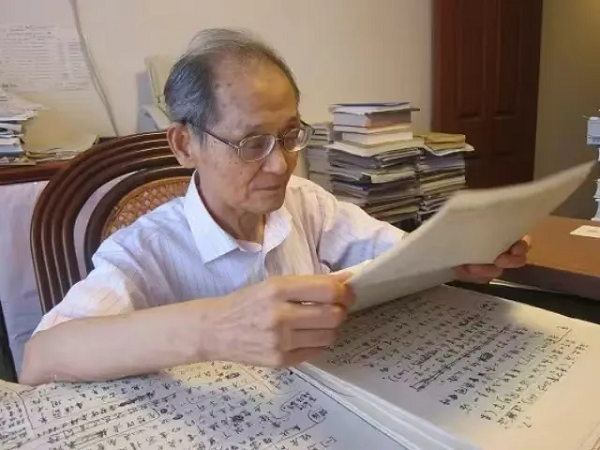
Qiu took his letter seriously, recognized his revision and adopted it formally by publishing a corrective article on the issue. Moreover, Qiu later joined other professors on recommendation and offered Cai an exceptional admission as a doctoral student at Fudan University.
"An academic unit has the responsibility to train young people and create an academic atmosphere and style to put academics first," said Qiu.
Being a teacher for over 60 years, Qiu has cultivated a large crowd of outstanding masters, doctors and postdoctoral fellows. Following his relentless drive, the center he launched has also reaped fruitful achievements over the past 20 years, receiving over 60 major awards.


